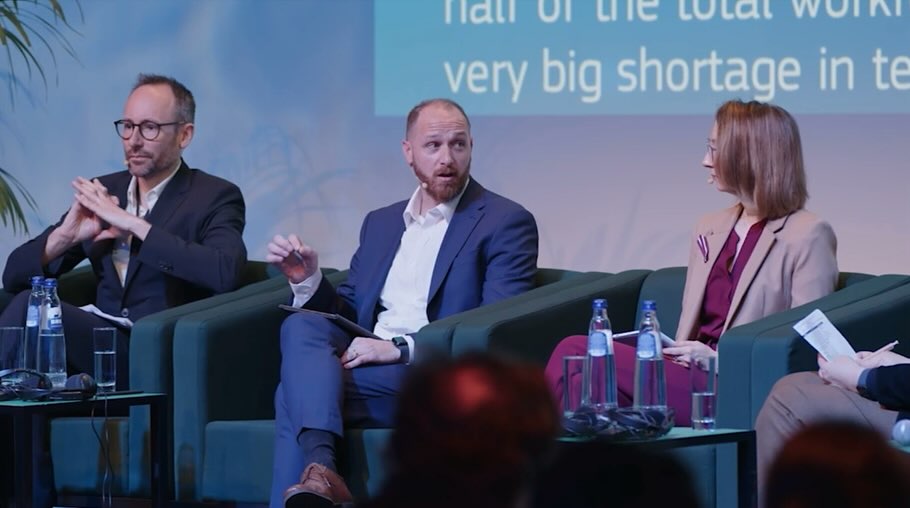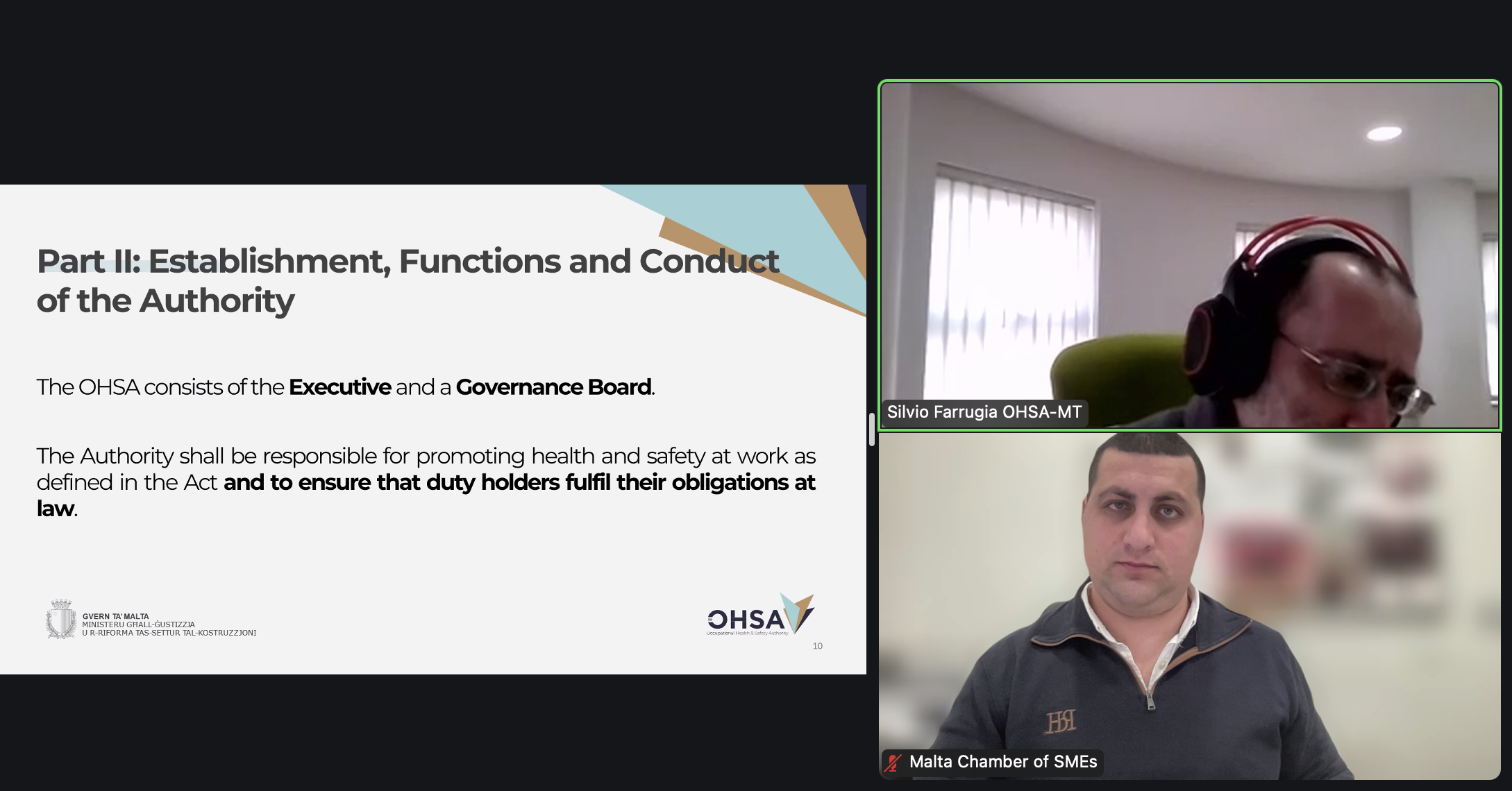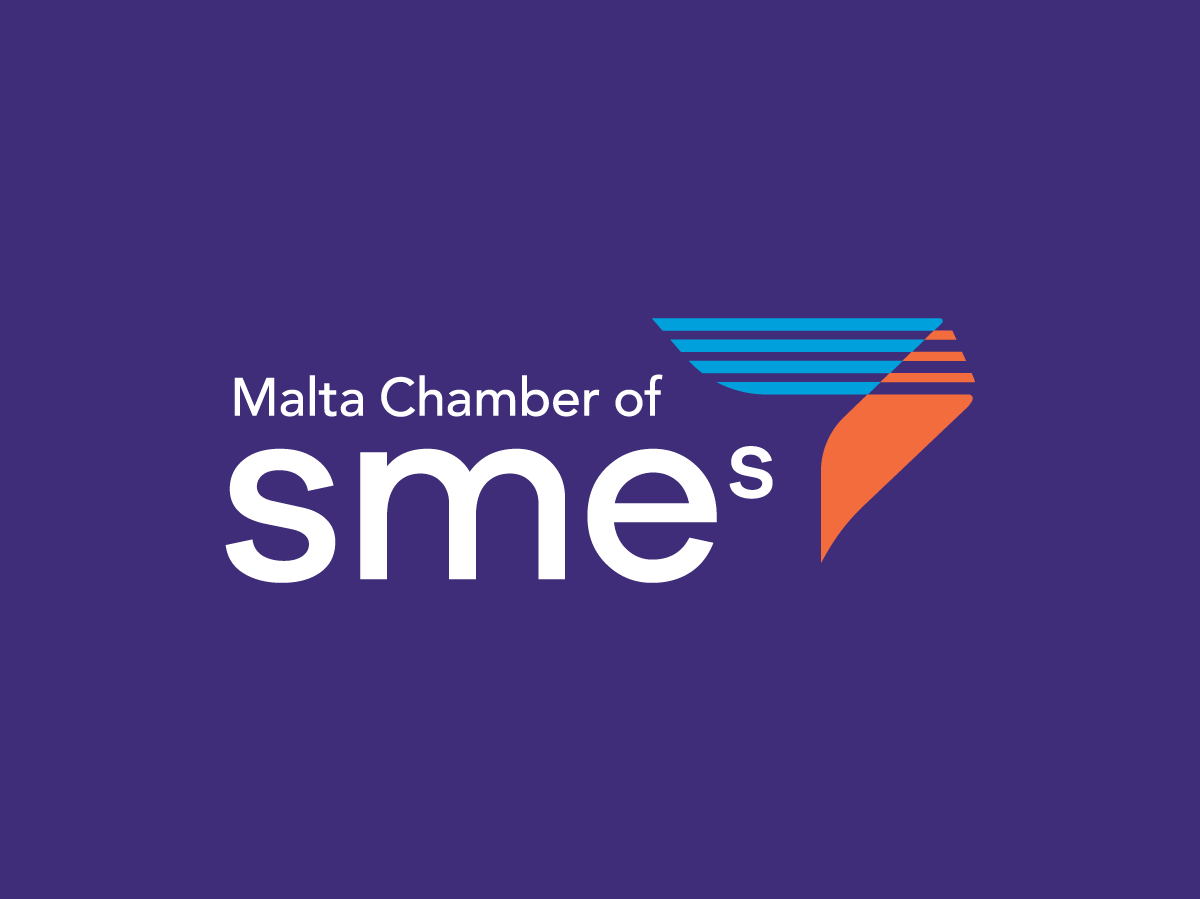Malta is now in a position to refine its offerings and elevate its tourism sector to a higher level
Article by Nicole Zammit – Business Now

As Malta looks to refine its tourism strategy, the concept of ‘quality tourism’ is increasingly at the forefront of discussions.
However, according to Philip Fenech, Deputy President & Head of Tourism Sector at the Malta Chamber of SMEs, there is a fundamental misunderstanding of what quality tourism entails.
Mr Fenech argues that before discussing its impact, it is crucial to define what ‘quality tourism’ truly means. “There is a total misconception of the phrase,” he asserts. While some equate it with higher spending per capita or attracting a cultured demographic interested in history rather than nightlife, others believe it necessitates transforming all tourism-related businesses into deluxe or branded operations. However, Mr Fenech subscribes to the idea that quality tourism should be about maintaining a high standard across the board.
“We need a good varied mix of all types,” he explains. “Our product marketing mix – ranging from humble retail outlets to brand boutiques, from takeaways to Michelin-starred restaurants, and from Airbnbs to five-star hotels – should be of a high standard and efficient in their operations.”
Impact on SMEs
Malta’s tourism sector heavily relies on SMEs, which make up a substantial portion of the industry. Mr Fenech notes that as competition intensifies, businesses that fail to modernise or enhance their offerings will struggle. “The market will correct itself as is happening, and the stable sustainable businesses will survive as they always have,” he says.
He emphasises that Malta has reached a stage where it can afford to be “picky and choosy” about the types of tourists it attracts, shifting focus towards a higher value chain. This shift does not necessarily threaten SMEs, provided they align themselves with the evolving standards. “Small is beautiful, and the personalised owner-managed service in these particular businesses is priceless,” he states, contrasting the charm of smaller businesses with the efficiency of larger corporate establishments.
Infrastructure and support services
One of the challenges in achieving quality tourism is ensuring that Malta’s infrastructure can support it. According to Mr Fenech, the country is currently undergoing a major upgrade in public services. “Our economy grew very fast in a short time, and it is fair to say that we are suffering from ‘growing pains,’” he acknowledges.
He highlights ongoing improvements across various sectors, including electricity, drainage, traffic management, road networks, transport, and environmental greening. These developments, he notes, must continue to match the rapid growth of private sector investment. “Standards in all aspects need to carry on improving as we attract a higher value chain tourist.”
A key component of this transition is Malta’s air connectivity. Mr Fenech notes that while low-cost airlines have contributed significantly to the country’s tourism numbers, the focus should now be on securing more legacy airlines that can connect Malta with long-haul markets, bringing in higher-spending tourists that Malta has already secured, thanks to new routes launched by Aer Lingus and LOT Polish Airlines, amongst others. “We can be reasonably picky and choosy, by linking to destinations that bring in a higher-spend tourist,” he says. However, he cautions that this transition must be gradual, occurring in tandem with infrastructure enhancements and business efficiency improvements.
The role of events like carnival
Malta’s tourism strategy also involves leveraging cultural events to attract foreign visitors. Mr Fenech sees potential in expanding niche tourism segments that offer higher-added value. “Carnival is only one niche that has potential for further growth,” he states. However, he emphasises that it is just one of many.
“Our tourism has changed and is/has been continually changing from the traditional of yesteryear,” he explains. The challenge now lies in nurturing high-value niches while curtailing those that have grown too large with lower returns.
As Malta navigates these transitions, SMEs remain an essential part of the equation. Their survival, as Mr Fenech highlights, hinges on their ability to evolve alongside the shifting landscape, ensuring they align with the growing demand for quality experiences.


















